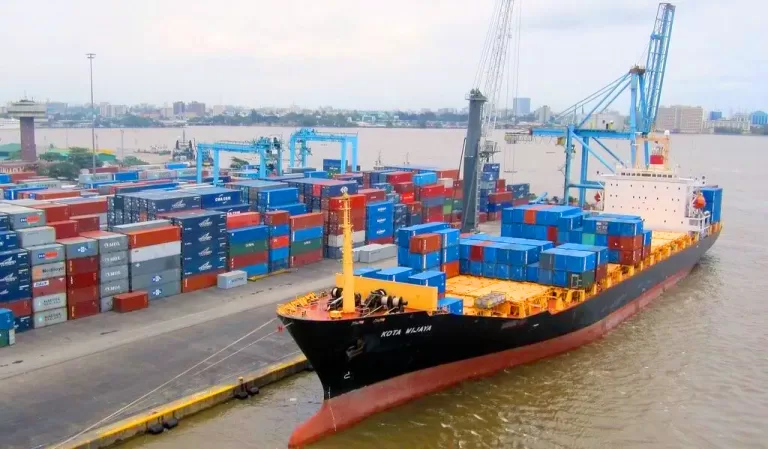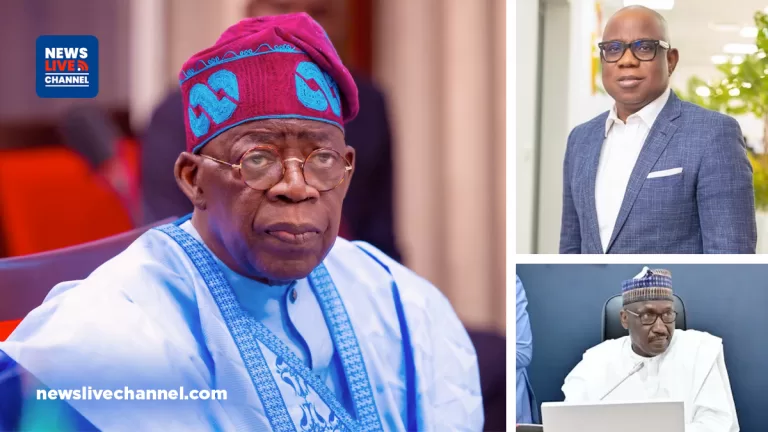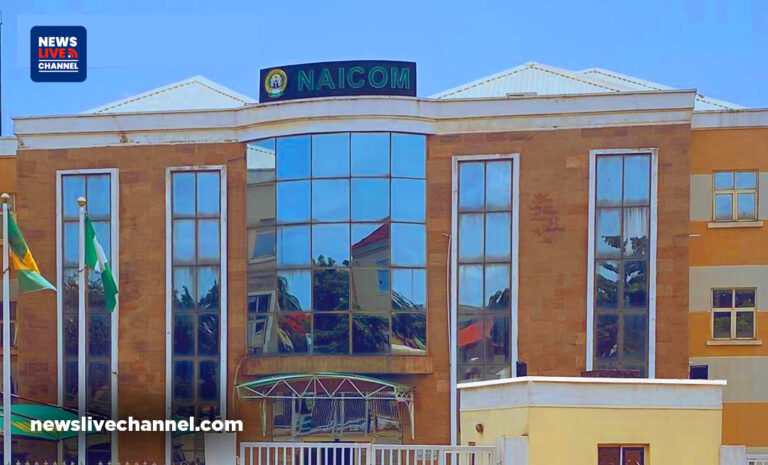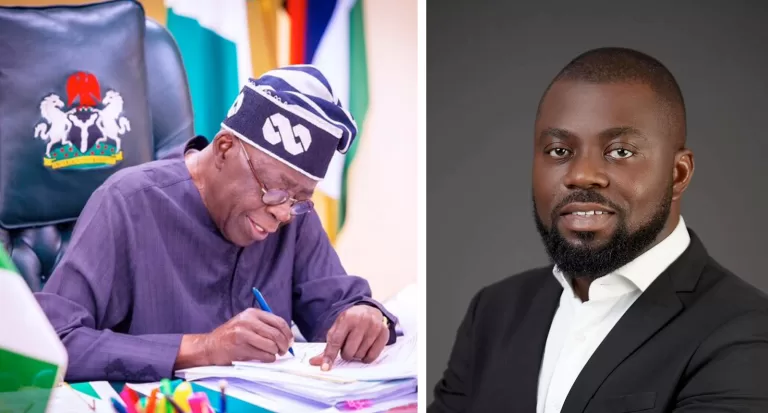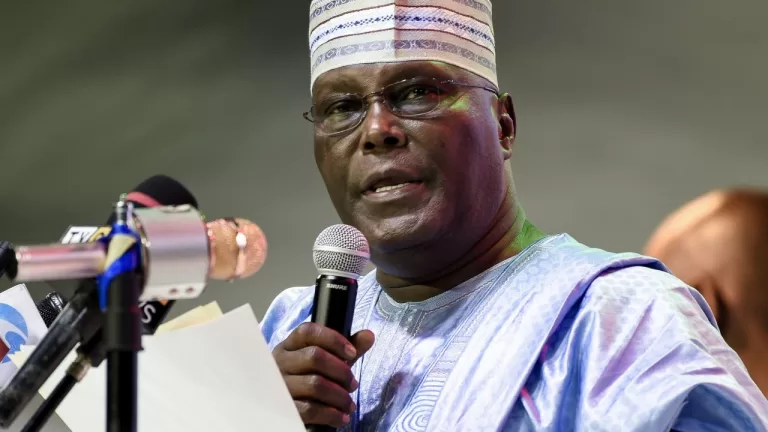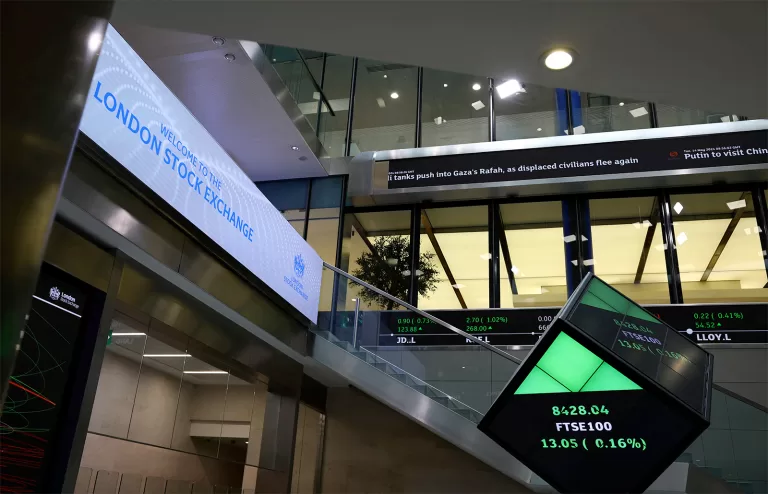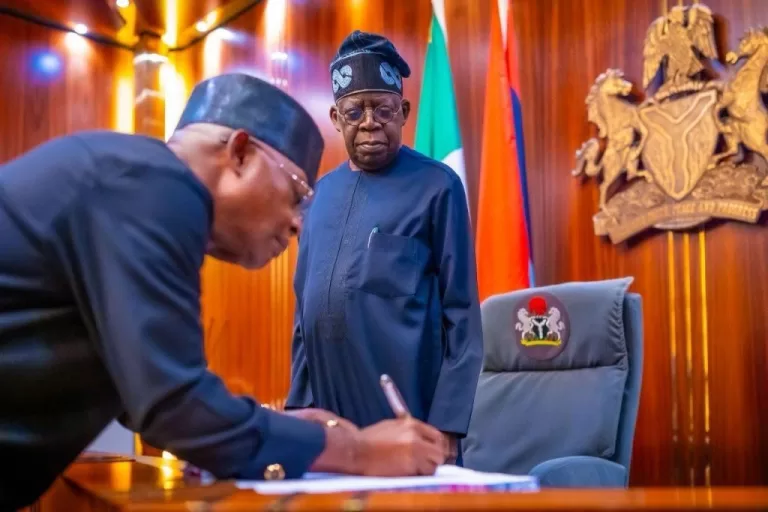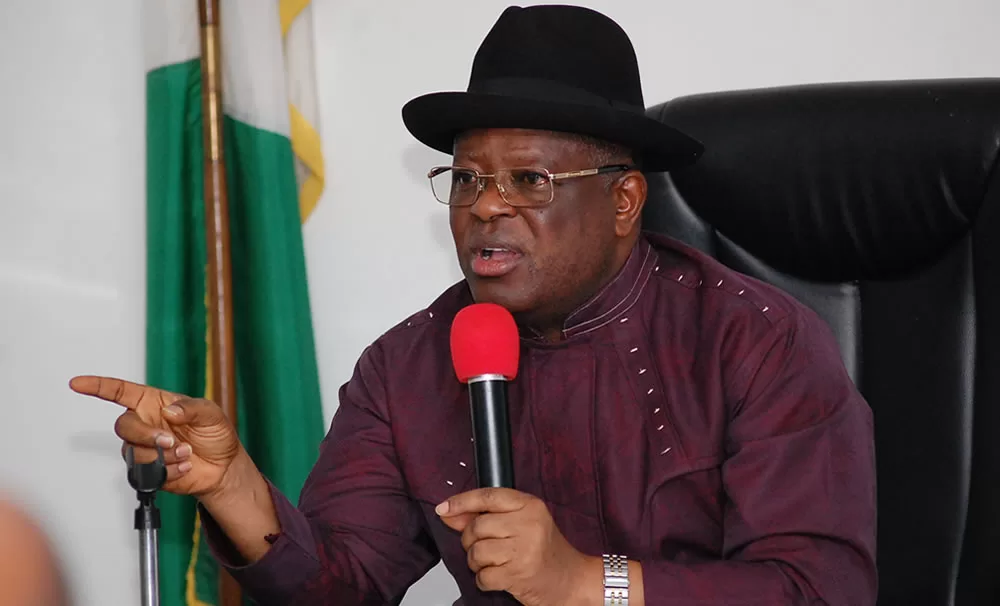
A sudden, unauthorized closure of the Independence Bridge in Lagos on Wednesday plunged the city into gridlock, drawing sharp rebuke from federal and state officials. Now, the Minister of Works, David Umahi, says disciplinary action will follow.
The closure, initiated by Lagos Federal Controller of Works, Mrs. Olukorede Keisha, was intended to kick-start emergency rehabilitation on the Marina-bound stretch of the Independence Bridge starting April 1. But what followed was traffic mayhem: hours-long delays, stranded commuters, and informal transport fares surging from N800 to N2,000 between CMS and Lekki Phase 1.
In an uncharacteristically candid site visit on Thursday, Minister Umahi confirmed he was not informed of the bridge closure. He declared the move a violation of protocol, saying all such actions must be cleared at the ministerial level, especially in a city as densely populated and economically strategic as Lagos.
“I was not informed. The controller did that on her own, and it’s very unfortunate,” Umahi said. “For a bridge to be closed in Lagos, I should be informed. Even in emergencies, we evaluate the consequences before execution. There will be consequences.”
Umahi then ordered the immediate reopening of the bridge and issued a public apology — not only to the residents of Lagos but also to President Bola Tinubu.
State Government Responds: ‘We Take Full Responsibility
Also on site was Lagos State Governor Babajide Sanwo-Olu, who echoed the apology while urging residents to see the long-term value in what he called a “necessary inconvenience.”
“There’s never a best time to fix a failing bridge,” Sanwo-Olu said. “We take full responsibility for the disruption. This is about preserving the integrity of one of the oldest bridges in the country.”
While acknowledging the chaos caused, Sanwo-Olu defended the project’s urgency. The Independence Bridge, he noted, is structurally aging and has shown signs of distress. The repair, originally contracted over three years ago, is meant to avert a future disaster.
The governor also issued a plea for remote working and reduced traffic on the Island during the three-week rehabilitation period:
“If you don’t need to be in Victoria Island, work remotely. Conduct your meetings online. Let’s plan ahead to minimize disruption.”
To ease movement, the Lagos State Traffic Management Authority (LASTMA) has been directed to reassign officers from across the city to the affected areas.
Infrastructure, Accountability, and Crisis Management
The events of the past 48 hours highlight a deeper challenge in Nigeria’s infrastructure management: the tension between urgent maintenance and coordinated governance. In a megacity like Lagos — where millions rely on a fragile road network daily — even the best-intentioned repairs can spiral into chaos without a clear chain of command.
As the Independence Bridge undergoes critical maintenance over the next three weeks, commuters may still feel the pinch. But for now, government leaders are promising better coordination, increased transparency, and lessons learned.


